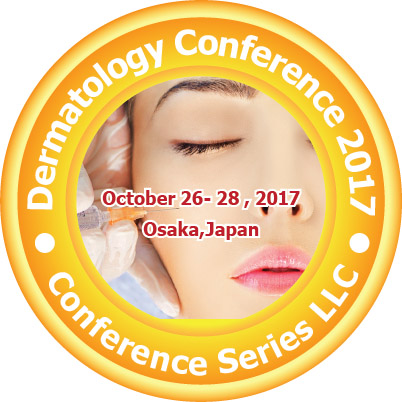
Lakmali Pathiraja
Ministry of Health, Nutrition & Indigenous Medicine, Sri Lanka
Title: Unraveling secrets of Sri Lankan indigenous medicine
Biography
Biography: Lakmali Pathiraja
Abstract
Ethnic origin influences the structure of the skin. Similarly, various environmental, cultural and social factors related to ethnicity have a great impact on the skin. People of Indian, Sri Lankan, Pakistani and Malaysian origin belong to dark Asian ethnic skin type. Although, a large proportion of subjects belong to this category, literature is limited except for a few studies that focus on pigmentation. Asian skin is pigmented, has larger sweat glands and is smooth and shows minimal signs of aging, but conversely has weaker barrier function upon chemical or mechanical challenge. Furthermore, they hold higher risk of pigmentary side effects following procedures carried out on their skin. Traditional skin concerns of various ethnic groups will enhance the modern treatment of various skin types. Sri Lankan indigenous medicine has close affinity to Ayurveda, but has its own unique properties. The island has unique pedigrees, which hold ancient medical secrets that are mainly in the form of manuscripts are passed down from generation to generation. Thousands of years of history have made it evident that this system can cure any physical or mental illness. Plant and herbal products have been used for ages for cutaneous treatment, skin care and aesthetic purposes. Sri Lanka has a rich collection of medicinal plants, including many endemic species. Consideration of these factors will enhance the effectiveness of current skin treatments on this particular ethnic skin type.

